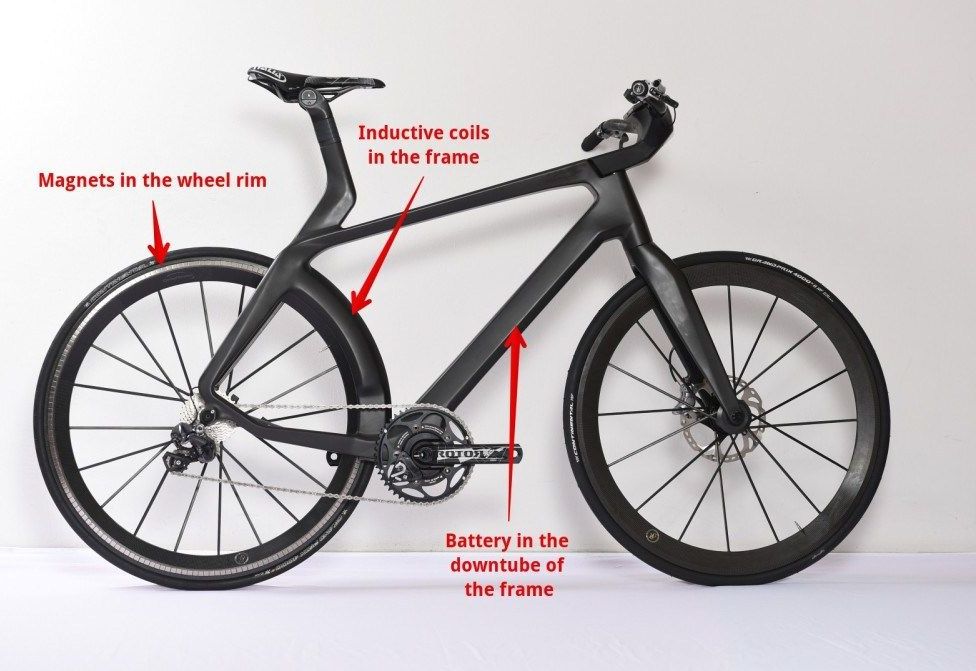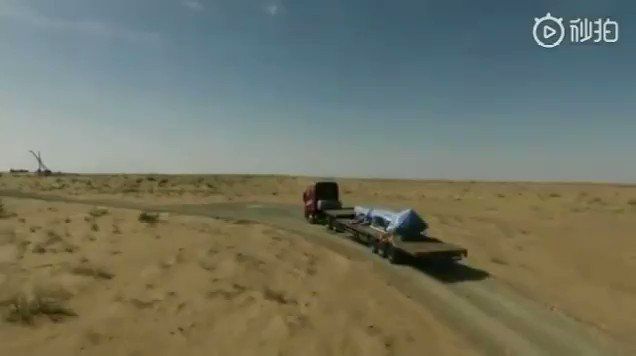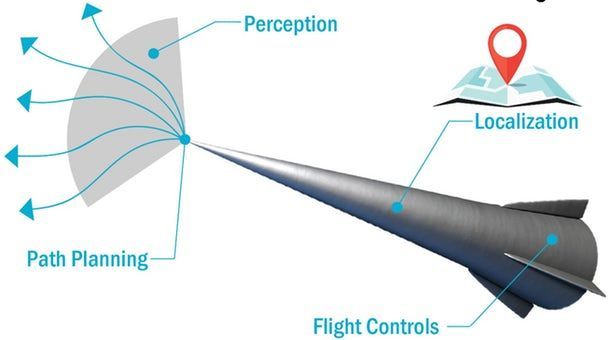Is our take on the next-generation tandem-duct platform. Flying up to 10 feet off the ground at 45 miles per hour, the Aero-X is a surface-effect craft that rides like a motorcycle — an off road vehicle that gets you off the ground.
The Aero-X can be adapted for a variety of uses: surveying, search and rescue, border patrol, disaster relief, agricultural, ranching, rural transportation and…
Because it responds to your movements just as a motorcycle would, the Aero-X is intuitive to fly. And as it is built with very few moving parts, its cost of ownership is a fraction of even the most basic airplane or helicopter.






